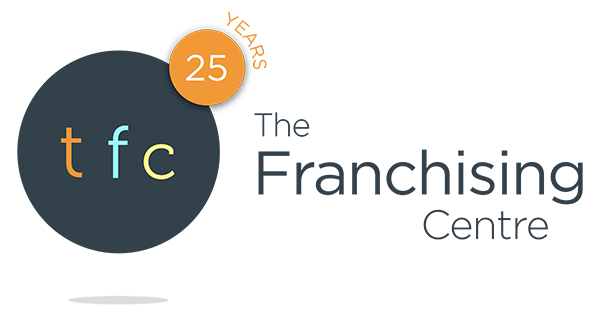Get the Most from Interviews
Good preparation can be the difference between success and failure.
Here is a short guide to help you get the most from interviews.

Research
Questions to Ask
After you have studied the company, make a list of questions to ask the employer:
- Why is this position available?
- What training programmes are available to the person in this position?
- What are your goals for this position?
- What obstacles must be overcome for the person in this position to succeed?
- How will my performance be evaluated?
- What opportunities are there for growth in the next 12 months? Two years? Five years?
- What growth do you anticipate for your organisation in the next 12 months?
Questions You May Be Asked
Your recruiter should be able to give you a good idea of the hiring manager’s personality, his or her typical interview style, and a few important questions that the employer is likely to ask, such as:
- Tell me about yourself
- Keep your answer in the professional realm only. Review your past positions, education and other strengths
- Why are you interested in this position?
- Relate how you feel your qualifications match the job requirements. Also, express your desire to work for the employer
- What are the most significant accomplishments in your career?
- Identify recent accomplishments that relate to the position and its requirements. Describe a situation in which you overcame a difficult challenge
- What do you know about our organisation?
- How do you perform under pressure?
- What have you done to improve yourself over the past year?
- What did you like least about your last position?
- Are you leaving (did you leave) your present (last) company?
- What is your ideal working environment?
- How would your co-workers describe you?
- What do you think of your boss?
- What was your biggest challenge and how did you overcome it?
- Are you creative?
- What are your goals in your career?
- Where do you see yourself in two years?
- Why should we hire you?
- What kind of salary are you looking for?
- What other types of jobs/companies are you considering?
Dos
- Arrive 10 minutes early
- Clarify questions. Answer the interviewer’s questions as specifically as possible. Relate your skills and background to the position requirements throughout the interview
- Give your qualifications. Focus on accomplishments that are most pertinent to the job
- Anticipate tough questions. Prepare to turn perceived weaknesses into strengths
- Ask questions. An interview should be a mutual exchange of information, not a one-sided conversation
- Listen. Concentrate not only on the interviewer’s words, but also on the tone of voice and body language. Once you understand how the interviewer thinks, pattern your answers accordingly and you will be able to establish a better rapport
- Dress appropriately. Make your first impression a professional one
- Be professional. Smile, make eye contact and maintain good posture.
These are simple but important things that are easy to forget to do during an interview
Don'ts
- Don’t answer vague questions. Ask the interviewer to clarify fuzzy questions
- Don’t interrupt the interviewer. If you don’t listen, the interviewer won’t either
- Don’t be overly familiar, even if the interviewer is
- Don’t ramble. Overlong answers may make you sound apologetic or indecisive
- Don’t lie. Answer questions truthfully
Closing the Interview
This is an effective closing question because it opens the door for the hiring manager to be honest with you about his or her feelings. If concerns do exist, you may be able to create an opportunity to overcome them, and have one final chance to dispel the concerns, sell your strengths and end the interview on a positive note.
A few things to remember during the closing process:
- Make sure that you have thoroughly answered these questions during the interview: “Why are you interested in our company?” and “What can you offer?”
- Express appreciation for the interviewer’s time and consideration.
- Don’t expect an offer to be made or a specific salary to be discussed during your first interview.
